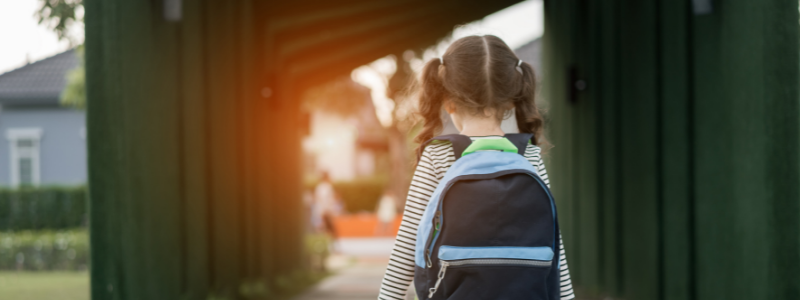20 Opportunities to be a Great Co-Parent

Perhaps one of the most difficult post-divorce tasks is maintaining a parenting relationship with the one person with whom you couldn’t have a marital relationship! You may have differing values, poor communication, unresolved hurt, resentment and anger that you are both dealing with. They can get in the ways of the most important job you will ever have: raising responsible, independent, respectful children who know they are loved.
When Co-Parenting Works
Studies show that children raised by successful co-parents have:
- greater self-esteem
- a sense of stability and security
- lower rates of anxiety and depression
- good problem solving skills
- healthy relationship behavior
Here are 20 practical suggestions that let you both meet that goal:
- Remember that you love your children more than you hate your ex.
- Refrain from discussing adult issues with your children.
- Always ask yourself whether a particular disagreement or fight with your ex benefits your child or harms them.
- Get support and/or individual professional help for lingering hurt, resentment, and anger so that it does not block you from cooperative co-parenting.
- Encourage your children to have a relationship with their other parent.
- Think of your ex’s new partner as another source of support for your children. The more love, the better.
- Communicate. Share details and schedules and joys and troubles. Parenting is a lifelong commitment, even though your marriage ended.
- When miscommunication and conflict occur regularly, keep things in writing and stick to the facts (not emotions).
- Seek co-parenting counseling if you are “stuck” in old relationship patterns that are not productive. Make the purpose of counseling clear: you are not looking to reunite or to necessarily be friends (although that would be great). You are looking to nurture independent, responsible, well-loved children.
- Respect the custodial schedule while also being flexible when special occasions or conflicts arise.
- Enjoy your “alone” time. Try not to look at it as time away from your kids but as time for you to relax and find your new groove.
- Do NOT speak negatively about your children’s other parent in front of them. In fact, do the opposite; try to focus on their positive qualities. Remember…your children relate themselves to the qualities of both parents.
- Treat your ex with the same civility and respect you would show towards a coworker (regardless of how they treat you).
- Use a shared calendar (like Google Calendar) for the children’s doctor’s appointments, school events, custodial schedules, extracurricular activities, and family events.
- When you are in conflict with your ex, keep a photograph of your children handy to remind you that your kids’ well-being takes precedence over your dislike or disagreement with your ex.
- Don’t use demands, try wording like, “Would you be willing to try….”
- Do not put your children in the middle or use them as messengers.
- To ease custodial transitions: pack in advance, give your children notice of impending changes, and drop your children off to the other parent (vs. “taking them away” from their other parent).
- Expect that rules that will differ from household to household. Seek a compromise for uniformity on issues like homework, curfew, forbidden activities, and following through with consequences.
- Rather than using angry words toward your co-parent, try saying the words from this Buddhist blessing to yourself: “May you be filled with loving kindness. May you be well. May you be peaceful and at ease. And may you be happy.”
by Deirdre Hally Shaffer, LCSW
©2017 Alpha Resource Center
